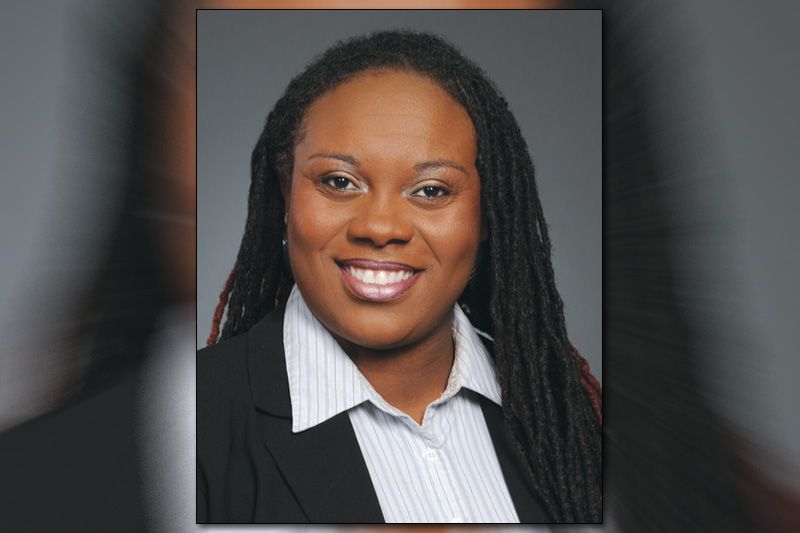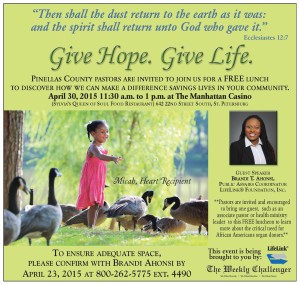Calling all pastors


 Headquartered in Tampa, LifeLink® is a nonprofit organ and tissue recovery organization that serves 15 counties in Florida, the state of Georgia and the island of Puerto Rico. Organ recovery organizations are federally designated to serve certain areas throughout the county, Ahonsi explained.
Headquartered in Tampa, LifeLink® is a nonprofit organ and tissue recovery organization that serves 15 counties in Florida, the state of Georgia and the island of Puerto Rico. Organ recovery organizations are federally designated to serve certain areas throughout the county, Ahonsi explained.